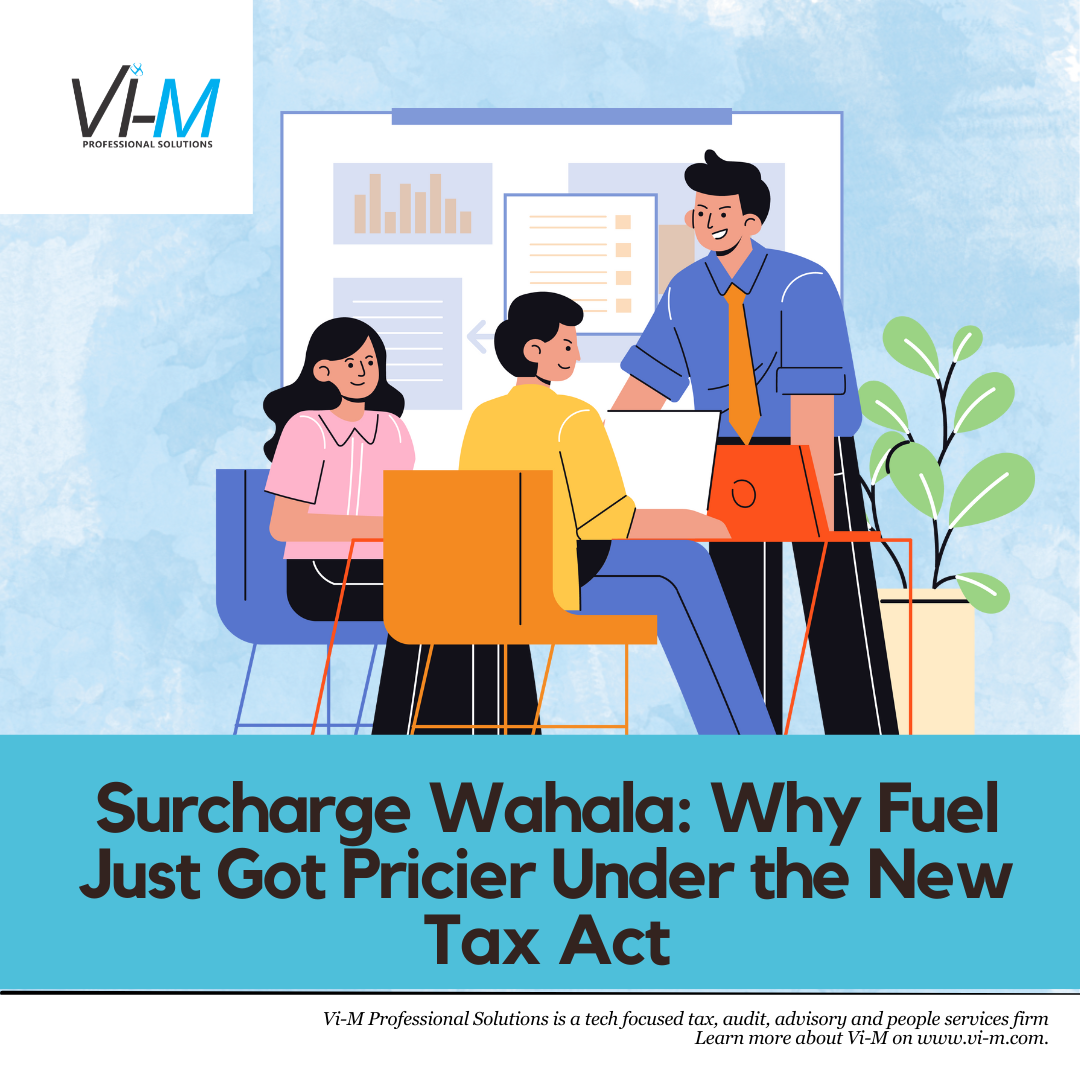Nigerians have been asking one big question: why on earth should we pay more again whenever we buy fuel?.
The new Nigeria Tax Act, 2025 quietly introduced something called a surcharge tax on fossil fuels. Let us unpack what this means in simple gist.
What the Law Says
The Act introduces a 5 percent surcharge on certain fossil fuel products. Fossil fuels here mean the regular petroleum products Nigerians depend on every day such as petrol (PMS), diesel (AGO), aviation fuel (Jet A1), fuel oil, and other mineral-based fuels used for transport and power.
The surcharge does not wait until the very end of a transaction. The law says it becomes due as soon as one of three things happens: the fuel is supplied, it is sold, or payment is made — whichever happens first.
In simple terms, once any of those steps takes place, the 5 percent is triggered and calculated on the retail pump price.
This surcharge is not yet effective. It will only commence when the Minister of Finance issues an official order in the Federal Government Gazette. Until that notice is published, no surcharge applies.
Administration and collection will be handled by the Nigeria Revenue Service (NRS), which will collect it monthly and may issue further compliance guidelines.
What Fuels Are Exempt
The law excludes certain products from the surcharge:
• Clean and renewable energy (solar, wind, hydro, biomass, etc.)
• Household kerosene
• Cooking gas (LPG)
• Compressed natural gas (CNG)
Why Government Introduced It
Government posits that this surcharge is designed as a dedicated fund for road infrastrructure and maintenance. Officials may also likely argue that this is not only about revenue. By raising the cost of petrol and diesel, the policy is meant to push households and businesses toward alternatives such as gas, kerosene, CNG, and renewable energy. It is designed to be both a revenue measure and an environmental one.
What This Means for You
- Fuel will cost more once implemented. That is the first and most painful effect. Transport, logistics, and power generation all depend on fuel, so the extra 5 percent will flow into the cost of living.
- Inflationary pressure will rise. With most goods and services linked to transport, prices are likely to increase further.
- Clear policy signal. Government wants energy use to shift gradually to gas and renewables.
- Federal revenue only. Unlike VAT that is shared among federal, state, and local governments, this surcharge is retained at the federal level through the NRS.
Possible Ways to Cope or Plan
- Explore alternatives. Cooking gas, CNG, solar, and renewables are not affected. A partial or full switch can reduce the burden.
- Improve efficiency. Transport operators and heavy fuel users can cut costs with fuel-saving vehicles, better planning, and energy-efficient equipment.
- Corporate adjustments. Businesses may reorganise some of their energy mix toward exempt products if this is genuinely possible.
Final Word
The surcharge tax may feel unnecessary and painful, especially with pump prices already high. But since it is already written into law, the focus should be on understanding the rules and planning ahead. Remember: it will only take effect after the Minister of Finance issues a Gazette order. Once that happens, the Nigeria Revenue Service will administer it and all revenue will stay at the federal level.
In the long run, the more Nigeria adopts cleaner energy, the less this surcharge will matter.
Download the pdf version here.

